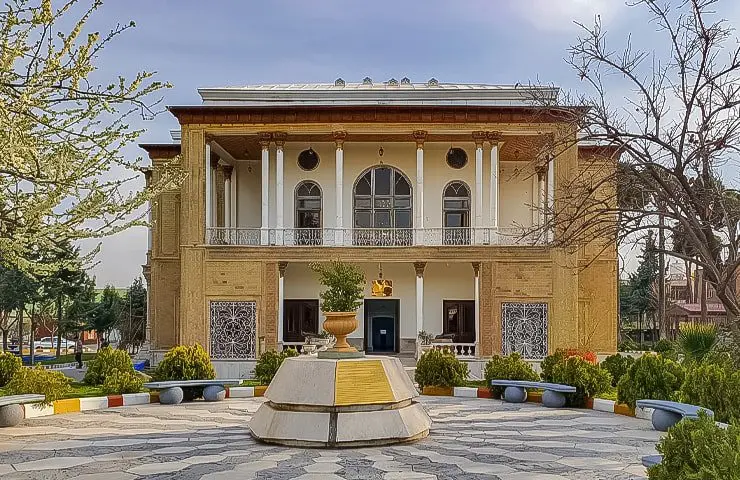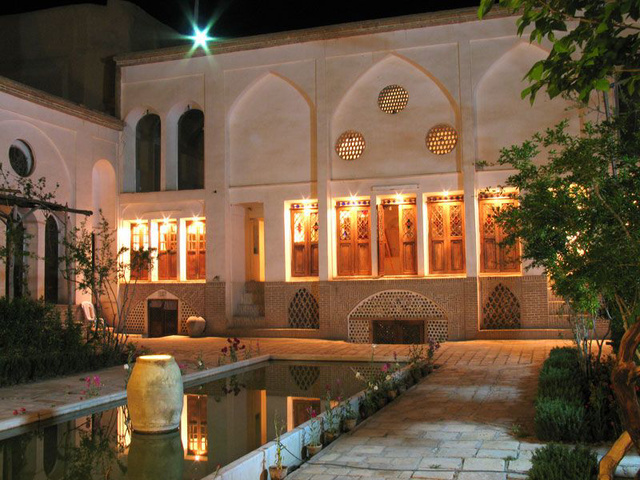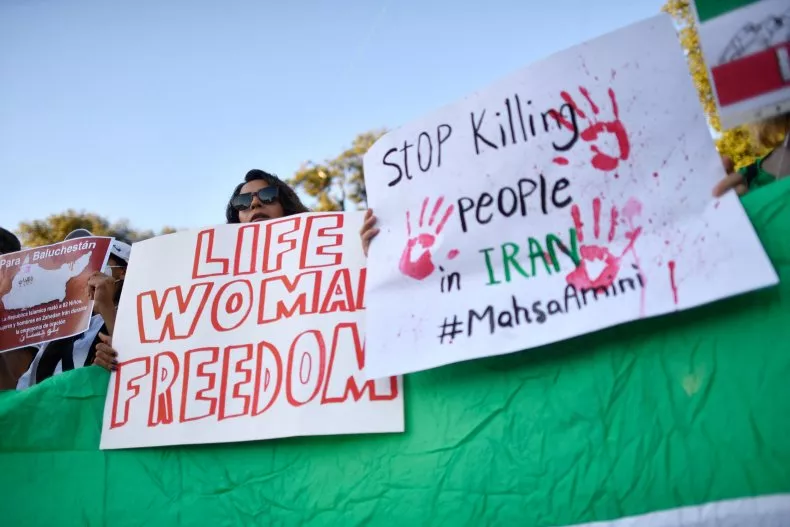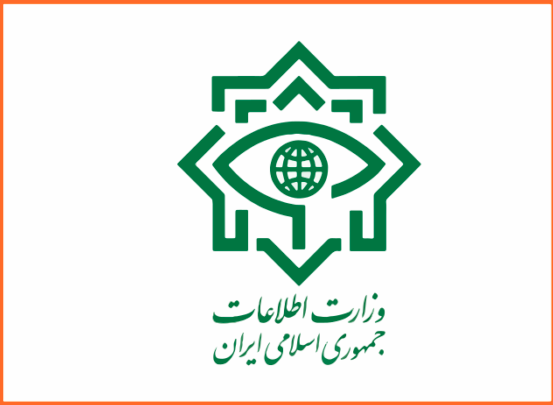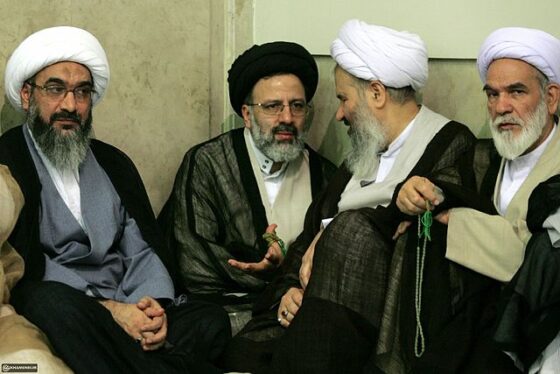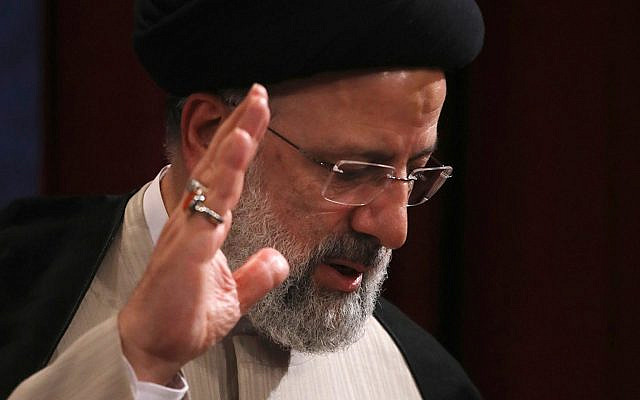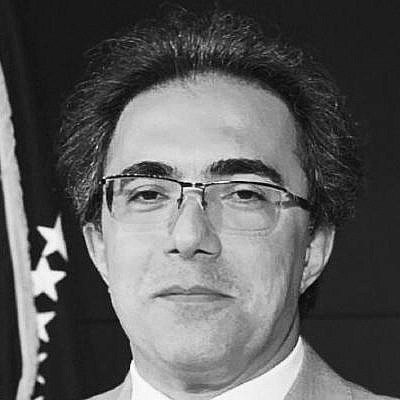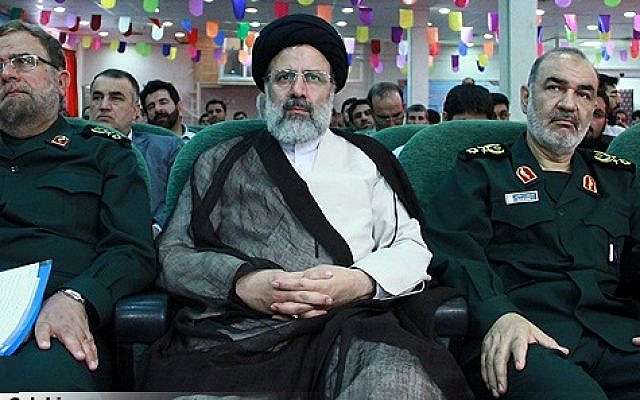Web inventor Tim Berners-Lee unveils plan to ‘build a better web’
Published on: 2019-11-25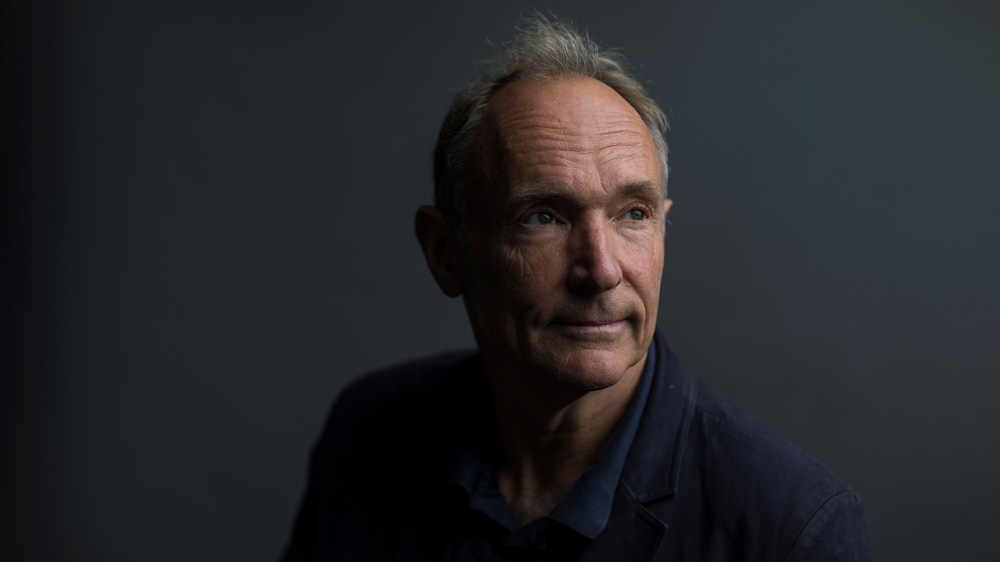
World wide web inventor Tim Berners-Lee has released an ambitious plan for online governance designed to counteract the growing prevalence of misinformation, data surveillance and censorship.
The Contract for the Web, created by Berners-Lee’s World Wide Web Foundation, seeks commitments from governments and the industry to make and keep knowledge freely available.
“If we don’t act now – and act together – to prevent the web being misused by those who want to exploit, divide and undermine, we are at risk of squandering” its potential for good, Berners-Lee said in a statement from his foundation on Monday.
More:
Partners in the non-binding endeavour include Google and Facebook, whose data-collecting business models and sensation-rewarding algorithms have been blamed for exacerbating online toxicity.
The British engineer said the contract, developed in cooperation with dozens of experts and members of the public, is “a roadmap to build a better web”.
He called on governments to “strengthen laws and regulations” and companies “to ensure pursuit of profit is not at the expense of human rights and democracy“.
“Citizens must hold those in power accountable, demand their digital rights be respected and help foster healthy conversation online,” Berners-Lee added.
The web is one of the most powerful tools we’ve ever had to transform our lives for the better.
But never before has the web’s power for good been more under threat.
It doesn’t have to be this way. We can — and must — fight for the #WebWeWant. Join us.https://t.co/Y3qrvb0F57
— The Web Foundation (@webfoundation) November 24, 2019
More than 150 organisations including Microsoft and Reddit and interest groups like Reporters Without Borders and the Electronic Frontier Foundation have backed the plan.
Meanwhile, the governments of France, Germany and Ghana are on board, as are thousands of individuals.
The unveiling of Berners-Lee’s contract comes as leaders from government, business and civil society gather in Berlin, Germany for the four-day United Nations Internet Governance Forum.
“I will stand up for the preservation of the free internet that we have grown to know and love in recent decades,” German economy minister Peter Altmaier said in a statement ahead of the UN gathering.
Among the concerns that prompted the creation of the contract, Berners-Lee mentioned cyberbullying, uneven access to the internet worldwide and increased governmental control of domestic networks in countries including China, Iran and Russia.
“The trend for Balkanisation is really worrying and it’s extreme at the moment in Iran,” said Berners-Lee. “A strong government exhibits tolerance, the computer scientist added, for other voices, opposition voices, foreign voices to be heard by its citizens.”

